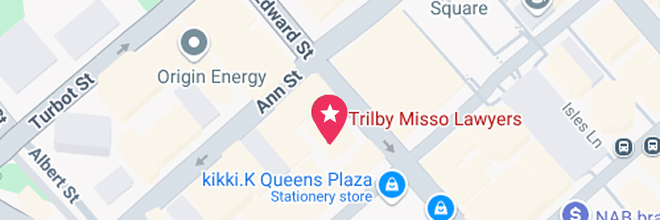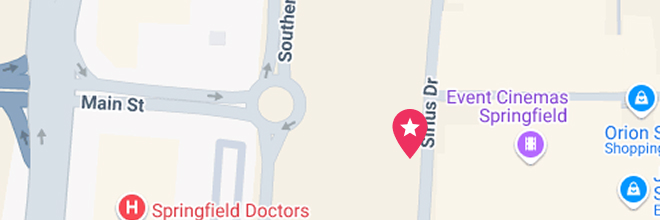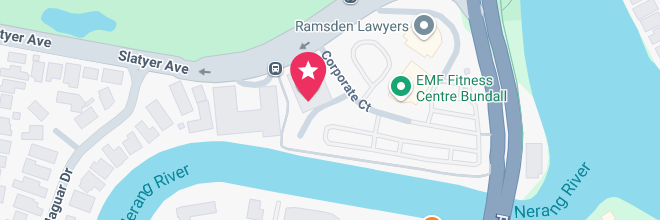Our Brisbane CBD Office
- Suite 400, Level 4/288 Edward St, Brisbane City QLD 4000
- (07) 3910 5470




To expand on the basics of personal injury law, it’s essential to delve deeper into the concepts of duty of care, breach, and damage, which are the cornerstones of this legal field. Personal injury law focuses specifically on situations where an individual suffers harm due to another’s negligence or wrongful actions. The injured party may seek compensation for physical, emotional, and financial losses resulting from the incident, and a personal injury lawyer helps to ensure that these claims are prepared within strict timelines and that all procedural requirements are met to protect the injured party’s rights.
Personal injury law, sometimes referred to as a PI claim or compensation claim, covers a range of cases where an individual has been harmed through no fault of their own. Common terms like compensation law, negligence law, and tort law, are all other terms used to describe personal injury law. This area of law primarily covers cases of negligence but also includes intentional acts that result in harm, such as assault, battery, or false imprisonment. Personal injury law can apply to a wide range of incidents, including but not limited to:
In personal injury law, certain elements must be present for a claim to succeed. These elements form the foundation of any personal injury case, and each must be demonstrated through evidence.
The first element of any personal injury claim is establishing that the defendant owed the plaintiff a duty of care. A duty of care is a legal obligation to act in a manner that ensures the safety and well-being of others. It arises in situations where one party is in a position to prevent harm to another. For example:
For a personal injury claim to be successful, the injured party must show that a duty of care existed in the context of their specific situation. Personal injury lawyers have a vast knowledge of the laws and precedents in this area and will be able to advise you if they believe there has been a breach of a duty of care.
Once a duty of care has been established, the next step in a personal injury claim is to show that this duty was breached. A breach of duty occurs when the responsible party fails to act in a reasonably safe manner or neglects to fulfill their obligations, resulting in harm to another person. Personal injury lawyers are skilled at gathering evidence and applying legal standards to demonstrate that a breach of duty occurred. Examples of a breach might include:
In legal proceedings, this breach must be demonstrated with evidence showing that the responsible party’s actions fell short of what a reasonable person would have done in similar circumstances.
The final core element in a personal injury claim is establishing that the plaintiff suffered harm as a direct result of the breach of duty. The term “damage” in this context refers to actual physical, emotional, or financial losses. Even if a duty of care was owed and breached, no claim can be made if there was no harm caused. Types of damages include:
The plaintiff must provide evidence of these damages, which may include medical records, proof of lost wages, and expert testimony regarding long-term effects or the nature of the injury and the impact of the injury on your ability to work.
Evidence is the backbone of any personal injury case. The injured party must present compelling evidence to demonstrate the duty of care, breach, and damages. Here are some common types of evidence used in personal injury cases:
The compensation awarded in personal injury cases varies depending on the circumstances of each case and the severity of the injuries. Compensation typically includes:
One of the hallmarks of personal injury law is the no win, no fee arrangement. Many personal injury lawyers work on this basis, which means that clients do not pay legal fees unless they receive a successful outcome. If the case is won, the lawyer’s fees are to be paid from the settlement sum. This arrangement makes legal representation more accessible to those who may not have the financial means to pursue a claim otherwise.
If the personal injury lawyer believes your claim for compensation is valid and has merit, they will offer to act for you on a no win no fee basis. This is an excellent offering as it saves you needing to pay legal fees upfront and in the event your case is unsuccessful, you are not left with a legal bill from your lawyer.
The lawyer will require you to sign a Costs Agreement. The Costs Agreement details the no win no fee arrangement and will set out how any fees will be calculated. It is a requirement in Queensland that the Costs Agreement be signed, this isn’t something that only some lawyers will require.
It is important you ask any questions you have about the Costs Agreement and that you understand how fees will be calculated. One trap to look out for is an uplift fee, some lawyers will charge up to a 25% increase on their fees. At Trilby Misso, we never charge an uplift fee.
Although personal injury cases are common, they can be challenging due to various factors:
Conclusion
Personal injury law is a complex yet vital area that provides relief to individuals who suffer harm through no fault of their own. Personal injury lawyers work to uphold the rights of injured individuals, ensuring they receive appropriate compensation to cover their losses and rebuild their lives. The philosophy of personal injury law is to compensate the injured party to put them in the position they would have been in had the accident not happened. Personal injury law remains an essential safeguard, ensuring that individuals have recourse in the face of negligence or intentional harm.
Further Reading: Personal Injury – Legal Aid Queensland
This page offers general information about making a personal injury claim in Queensland, including time limits and notification requirements.
Kathryn is Trilby Misso’s Chief Executive Officer.
Meet KathrynUse this simple online tool and find out if you have a claim in less than thirty seconds. You can choose to remain anonymous.
Your next step is a small one. All you need to do is give us a call on 07 3910 5470 or complete this form here to arrange a quick chat.
During this initial conversation, we will:

We understand that taking legal action can be stressful, and we’ll do all we can to ease your concerns.
The chat can take place at our place, your place, or by phone. There is no cost, no pressure, and no obligation.
Call 07 3910 5470 or fill out this form, and we’ll get back to you within 2 hours (during business hours). We look forward to meeting you.
enquire now